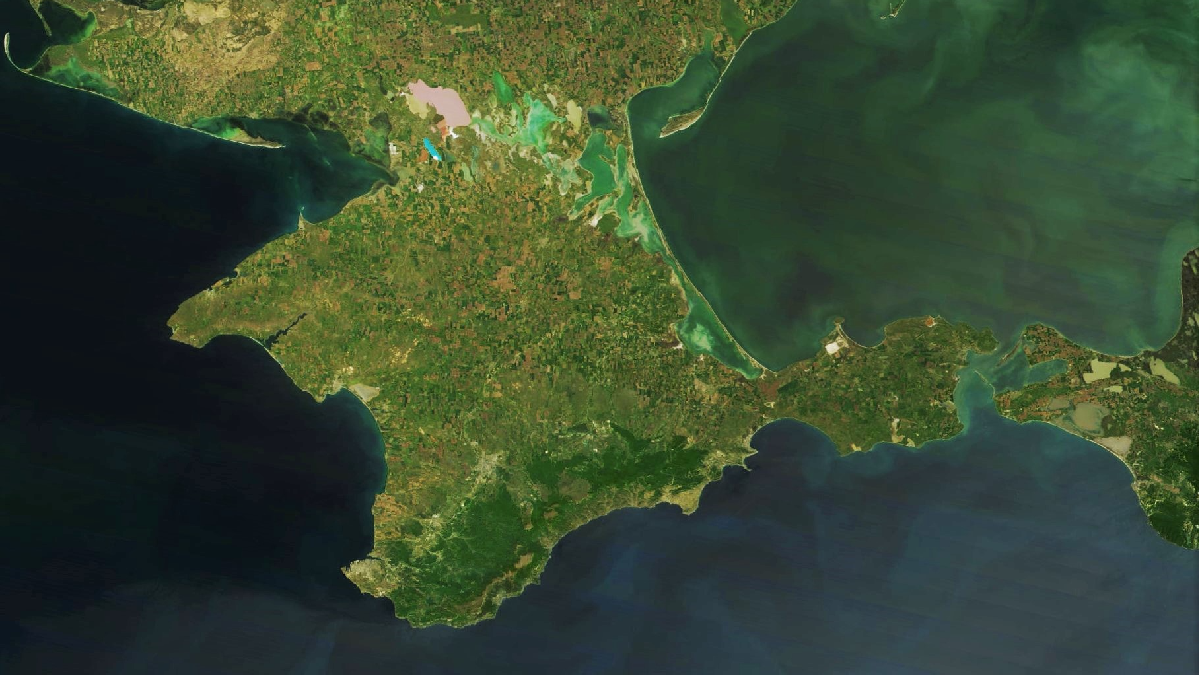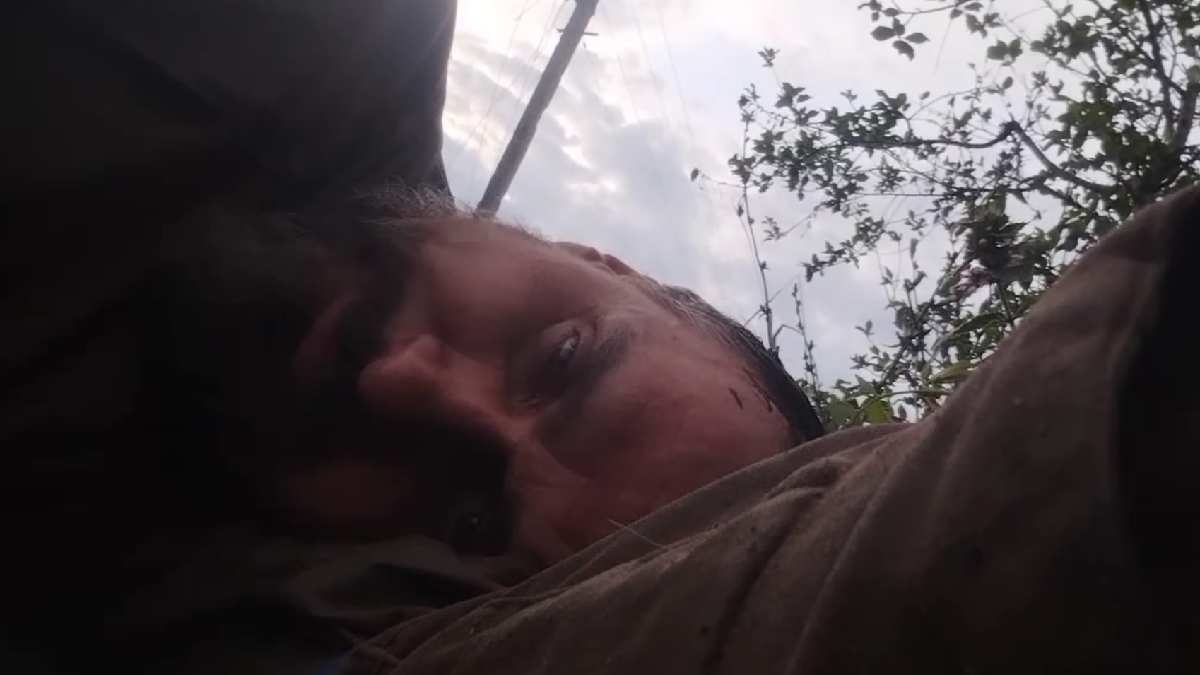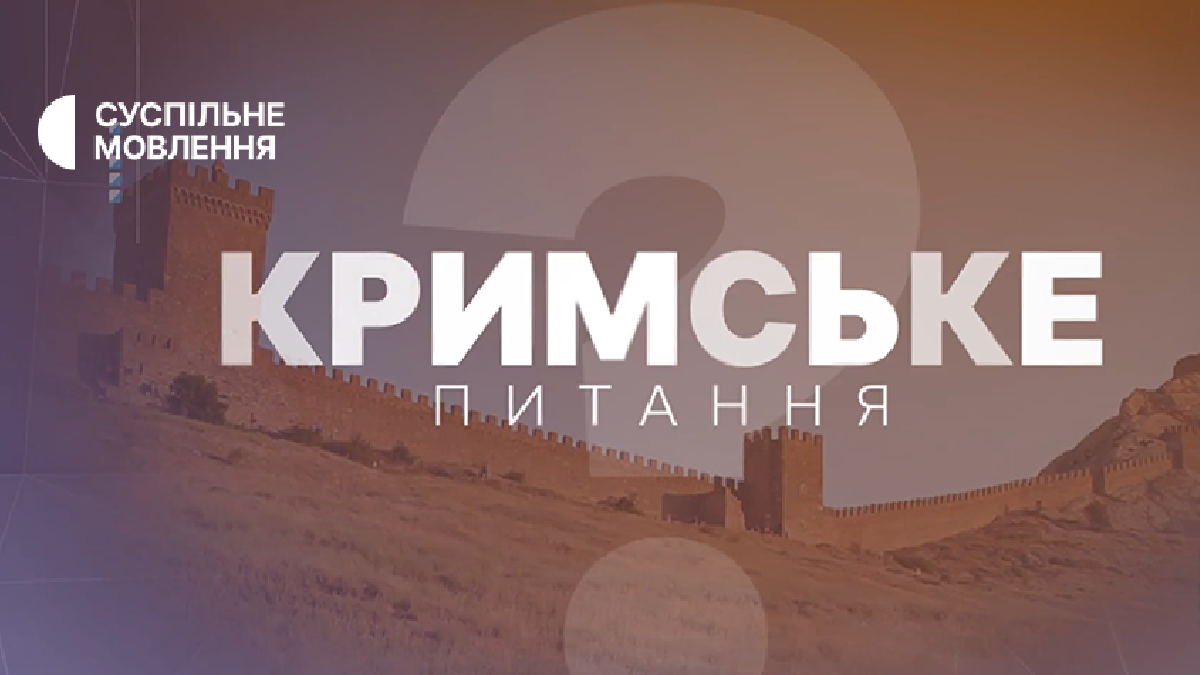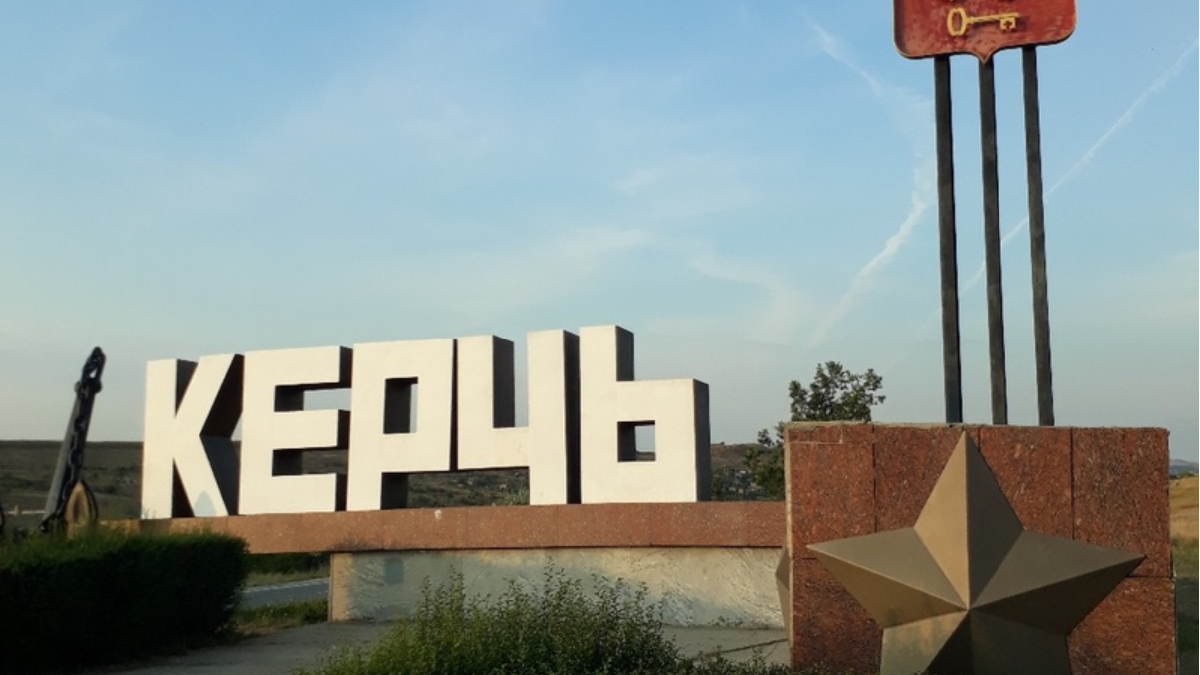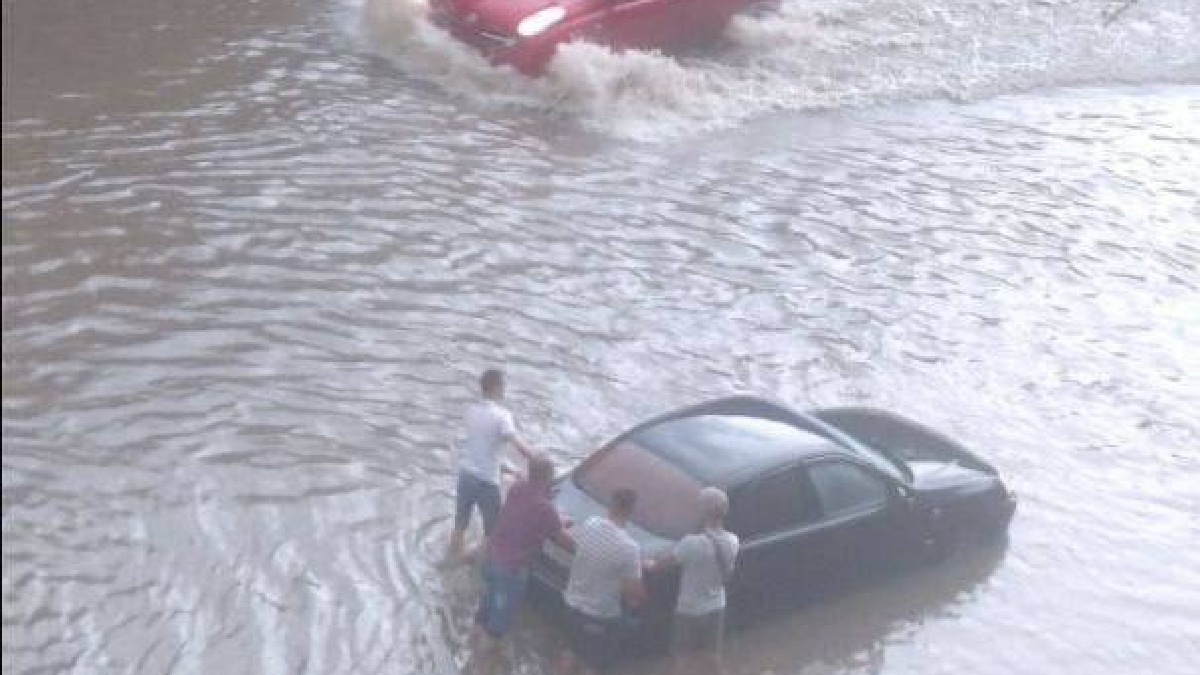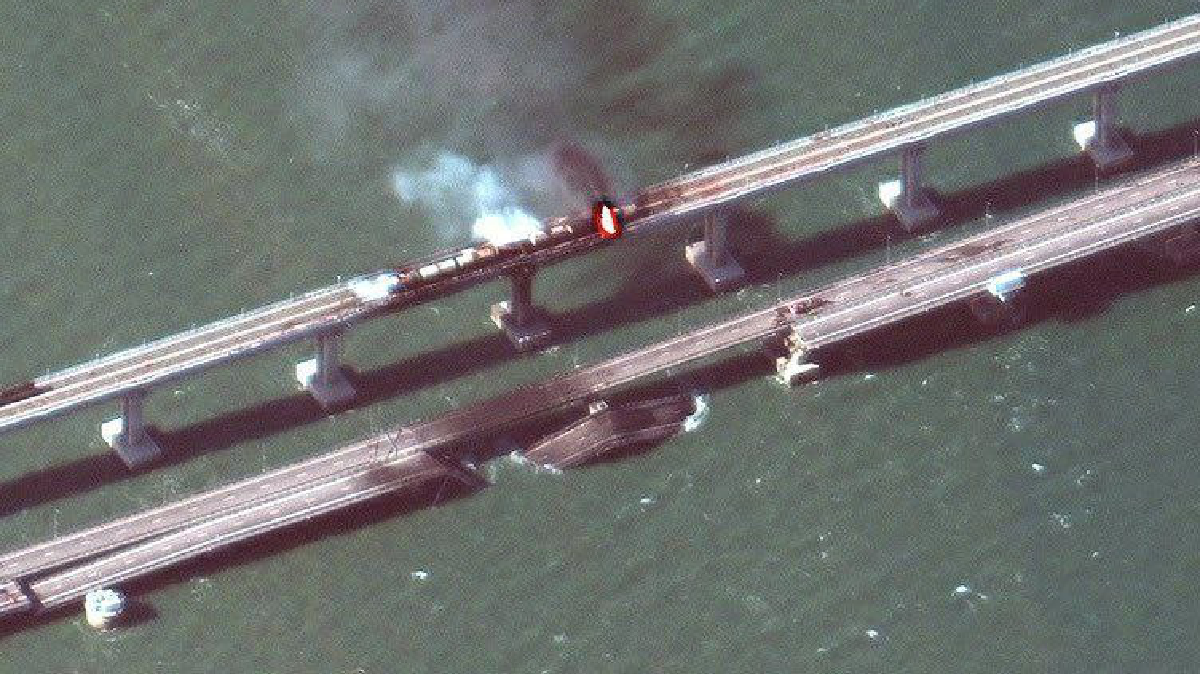Studying in Ukraine. What prevents Crimeans from getting their education in Ukraine

An analytical report was presented in Kyiv on October 25 on what prevents Crimean schoolchildren from continuing their education in Ukraine. How many children from occupied Crimea choose Ukrainian universities to study, what problems do entrants face in the controlled territory and how to increase the interest of children from the peninsula in education in the controlled territory of Ukraine. All this was discussed in “Theme of the Day '' with Oleg Okhredko - an analyst at the Almenda Center for civic education, and Leonid Sichenko, a lawyer of the Ukrainian Helsinki Human Rights Union on Crimea.
Among the participants in the report's presentation were representatives of the centre for civic education Almenda, the Ukrainian Helsinki Human Rights Union, the public organization CrimeaSOS.
Oleg Ohredko said that a few years ago, there was an attempt to do a similar study. This year this topic was taken more seriously. This study included monitors living in temporarily occupied Crimea. They watched the situation on the peninsula. And they watched what steps Ukraine had already taken. Such an alliance helped to analyze the situation and draw certain conclusions.
During the presentation of the report, the head of the Almenda Center for Civic Education, Valentina Potapova, named the most common barriers that entrants from occupied Crimea face when entering higher education institutions in Ukraine. Namely: the impossibility of studying the Ukrainian language, the history of Ukraine, and the lack of tutors.
"We found Ukrainian language tutors in the foreign language section. The language that according to the “Constitution”(of the occupying Republic of Crimea - ed.) is the state language - falls into the foreign category. On the one hand, the Ukrainian language becomes risky for those who teach it and automatically falls under the supervision of special services, on the other - it becomes in demand because the number of children is gradually growing, and they understand that the Ukrainian language becomes necessary for them".
Online education can be an alternative option. Okhredko noted that it is available, but there are certain disadvantages regarding it:
“First, it is additional education, since children need to study in Crimean schools. Second, it depends on where the student lives and what access to the Internet he has. The first steps have been taken, but there is another problem. There are no state courses, and the ones we find with a license are created either by public organizations or by private organizations that distribute them. And the major disadvantage is the lack of information about such courses. For example, the website of the Ministry of Education contains recommendations for training courses from 2016. They do not correspond to the EIT program".
We continued the conversation with Leonid Sichenko, a lawyer at the reception office of the Ukrainian Helsinki Human Rights Union on Crimea. He spoke about the most frequent problems with which applicants turn to them:
“People often do not have the appropriate documents, and the majority choose to continue their education on the territory of temporarily occupied Crimea. We allegedly have a procedure for attestation of the results of higher education received in the temporarily occupied territory of the Autonomous Republic of Crimea, but it does not work, and applicants constantly contact us to be tested. Unfortunately, this procedure is often abandoned because it is too complicated and involves a heavy workload on students. Or they start to go through it and face the fact that universities do not understand how it works, and this process is delayed for some time. Accordingly, the graduates refuse again, and we get little statistics on this".
According to Leonid Sichenko, this is a complex problem, but there is an example when it could be solved:
“Similar shortcomings have been eliminated at Bogomolets University, thanks to which the statistics have increased, which showed that in 2020 six people applied, and this year - 31. We observe that there is a demand for this, but certain procedural obstacles spoil everything and do not allow it to be fully realized. If we talk about statistics in other universities - it is quite small and decreases every year. It looks much better this year, but that’s only at the expense of one university”.
He added that these problems could be solved only in such a way that the ministry creates more communications with universities that can carry out the certification procedure.

